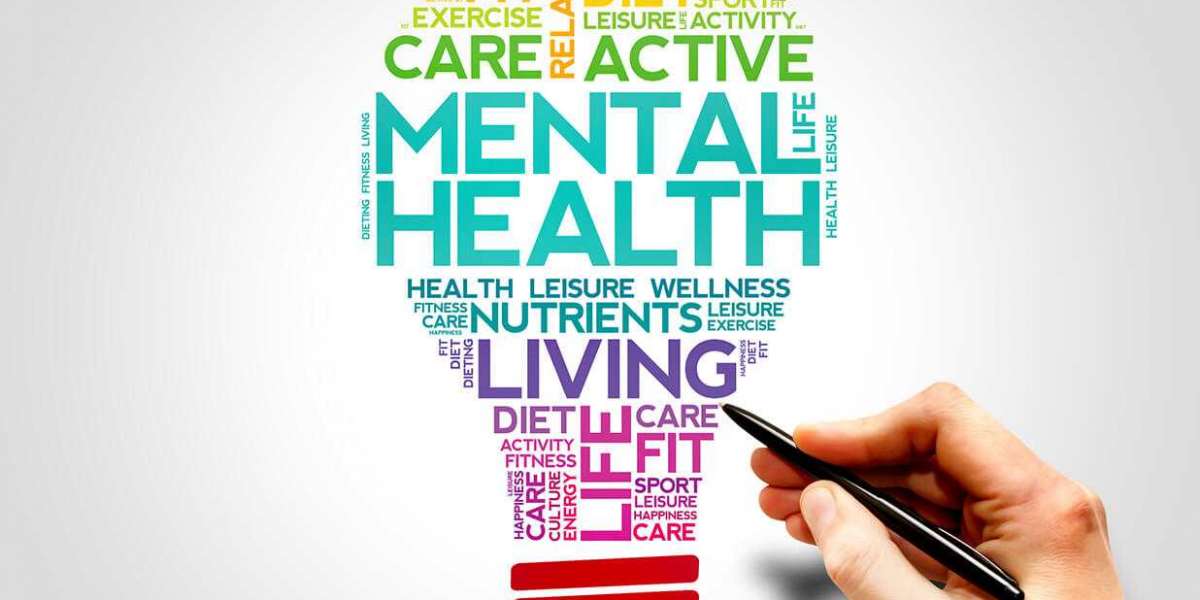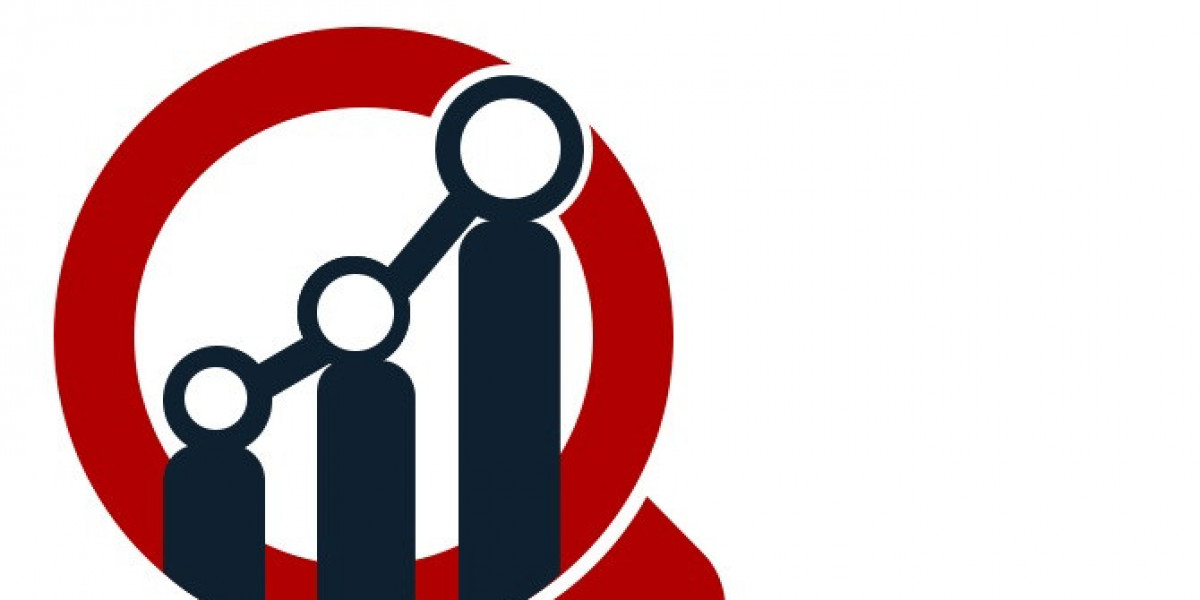Social media has transformed the way we communicate and connect with each other. With over 4.4 billion active users, it has become an integral part of our daily lives. While social media has several benefits, there is growing concern about its impact on mental health. Social media has been linked to several mental health issues, including depression, anxiety, and low self-esteem.
One of the most significant ways that social media affects mental health is by creating an unrealistic and idealized image of life. People often post curated and edited versions of their lives on social media, highlighting their achievements and successes. This can create a sense of inadequacy and insecurity in people who are struggling with their own lives. Seeing other people's accomplishments can make one feel like they are not doing enough, which can lead to feelings of depression and anxiety.
Moreover, social media can also lead to a constant comparison game. People tend to compare themselves to others on social media, leading to low self-esteem and negative self-image. This comparison is often fueled by the number of likes, comments, and followers a person has. It can lead to feelings of worthlessness and self-doubt, which can be detrimental to mental health.
Another issue with social media is that it can be addictive. People tend to spend a lot of time scrolling through their social media feeds, even when they should be doing something else. This addiction can lead to procrastination and a lack of productivity, which can cause stress and anxiety. Additionally, social media can interfere with sleep, as people tend to check their accounts before going to bed, leading to a disrupted sleep cycle.
Furthermore, social media can also expose people to cyberbullying and online harassment. People may face criticism or negative comments on their posts, which can be hurtful and lead to a decline in mental health. Cyberbullying can take many forms, such as sharing embarrassing photos or videos, spreading rumors, and sending threatening messages. This can lead to feelings of isolation, anxiety, and depression, and can even lead to suicidal thoughts.
Social media has also been linked to FOMO, or the fear of missing out. People often see their friends and family members having fun and doing exciting things on social media, which can make them feel like they are missing out on something. This can lead to anxiety and stress, as people may feel like they are not living their lives to the fullest.
However, it's not all bad news. Social media can also be used in a positive way to improve mental health. Social media can provide a platform for people to connect with others who are going through similar experiences. It can help people find support groups, therapy services, and other resources that can improve their mental health. Additionally, social media can be used to raise awareness about mental health issues and reduce the stigma around seeking help.
To mitigate the negative impact of social media on mental health, it's essential to practice healthy social media habits. Here are some tips to consider:
- Limit your social media use to a specific time of day.
- Be mindful of the content you consume and the accounts you follow.
- Take breaks from social media, especially when you're feeling overwhelmed.
- Don't compare yourself to others on social media, as everyone's journey is unique.
- Consider unfollowing or muting accounts that make you feel insecure or inadequate.
- Focus on building healthy relationships in real life and limit the time you spend on social media.
In conclusion, social media has had a significant impact on mental health, both positive and negative. While it can be a valuable tool for connecting with others and finding support, it can also lead to feelings of inadequacy, low self-esteem, and anxiety. It's essential to practice healthy social media habits to reduce the negative impact on mental health







